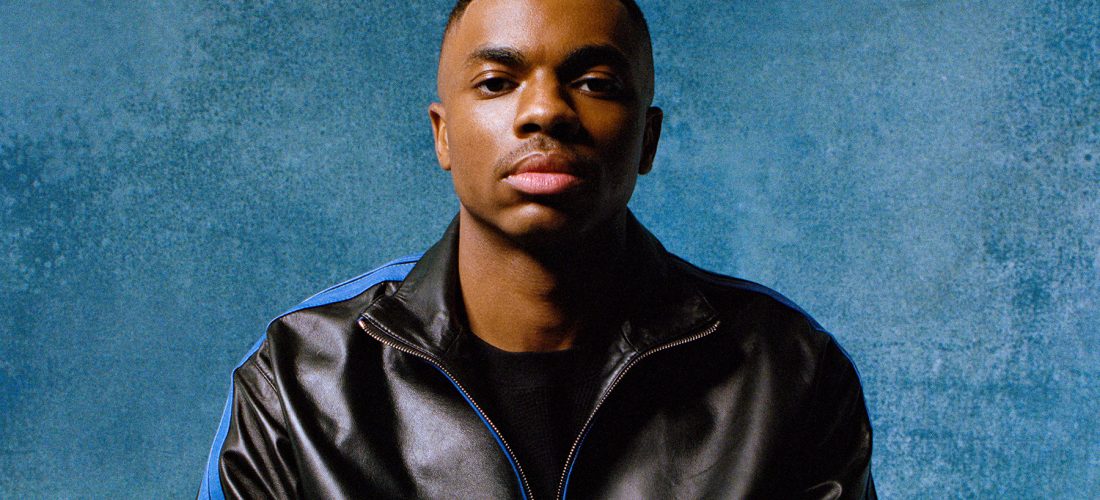Vince Staples’ ‘Ramona Park Broke My Heart’ Is (Almost) His Best Record Yet
Vince Staples was first known as a gangster rapper. But what he actually is, is a realist rapper. His music deals with violence in its most human form: ordinary, everyday, and eclipsing the vibrant sun of his native Long Beach, California. Staples isn’t about warmth; he’s deadpan and sardonic, cerebral and laconic, and cold and serene; “Momma met my daddy then they had me in the ghetto/Handed me a .38 and told me I was special,” he informs on “Magic,” from his new album, Ramona Park Broke My Heart
Staples, 28, is excellent at writing clean, declamatory lines that function as sentences you could hear on hood street corners. His last album, 2021’s Vince Staples, was full of that kind of striking yet subdued detail. But that album felt insular, subsuming its images of poverty and warm-weather violence within EDM-turned-rap-beatmaker Kenny Beats’s production. The results lacked the verve of previous Staples high-points, like his 2015 breakthrough, Summertime 06.
For the most part, this record avoids that trap. The production is sharper around the margins, and the sound is colorful, regal, and characteristically counterintuitive — meant to be heard in gardens with bullet shells in them and flowers blossoming, the perfect landscape for Staple’s world-weary sermons about fighting for capital and scraps in the hood. “East Point Prayer,” featuring Lil Baby,, is the best on the album; Staples explains poetically, “Since when these niggas want war with us/Lick a gunshot, bloodshot, cornea.” His delivery has a monotone patience, as if he’s using an inhaler between each line, and it’s rewarded by Lil Baby’s legato smoothness.
Staples’ music still deals with being an adolescent in a hub of violence. He gazes backward from the perspective of adulthood, having made it out of Long Beach with a load of regrets and a yearning desire. “When Sparks Fly” is a love story about a gun, in the vein of Nas, but it’s less showy. Staples goes into a voiceover-sounding cadence, and it works: “Still here I am, waiting ‘round, dreaming that you coming home/Right your wrongs, take me out,” he croons stoically. The piece comes together like a puzzle. It seduces the listener — almost edging them. If the payoff comes, it’ll be after you hear the song. There are some immediately satisfying sounds here, too. The DJ Dahi-produced “Papercuts” has snares that belong in a Barry Jenkins movie, as Staples raps, “Log calls from my dogs, hope they free my partners/Still thinking about the one that got away/You know I’m crazy ‘bout you.”
Staples’s contrarian streak has sometimes led him to make albums that are too brief. This one is abundant and thicker. Production from Mustard and DJ Dahi provides Staples with the casual backdrop he needs, and he remains an adept writer. That said, he still hasn’t outgrown his tendency to let his voice fade from the center of a song. The Mustard-produced “Bang That” is compellingly sparse, with lyrics like “14 shooting up the function,” but Staples performance lacks the gravity of the album’s meatier moments.
It is the work of a rapper to obfuscate, if not completely shatter, our expectations. Vince is excellent at that. And he has just enough charisma to make it work. But his casualness can fade into vocal apathy. Maybe he’s still protecting himself, stopping short of full earnestness to keep us at arm’s length, intrigued and coming back for more. There are a lot of great things happening on this record — trickier flows, piercing beats, and acerbic writing — that make it feel significant. But if you suspect it isn’t, I know how you got there.
